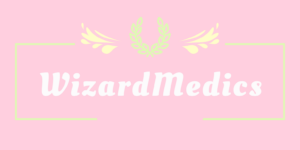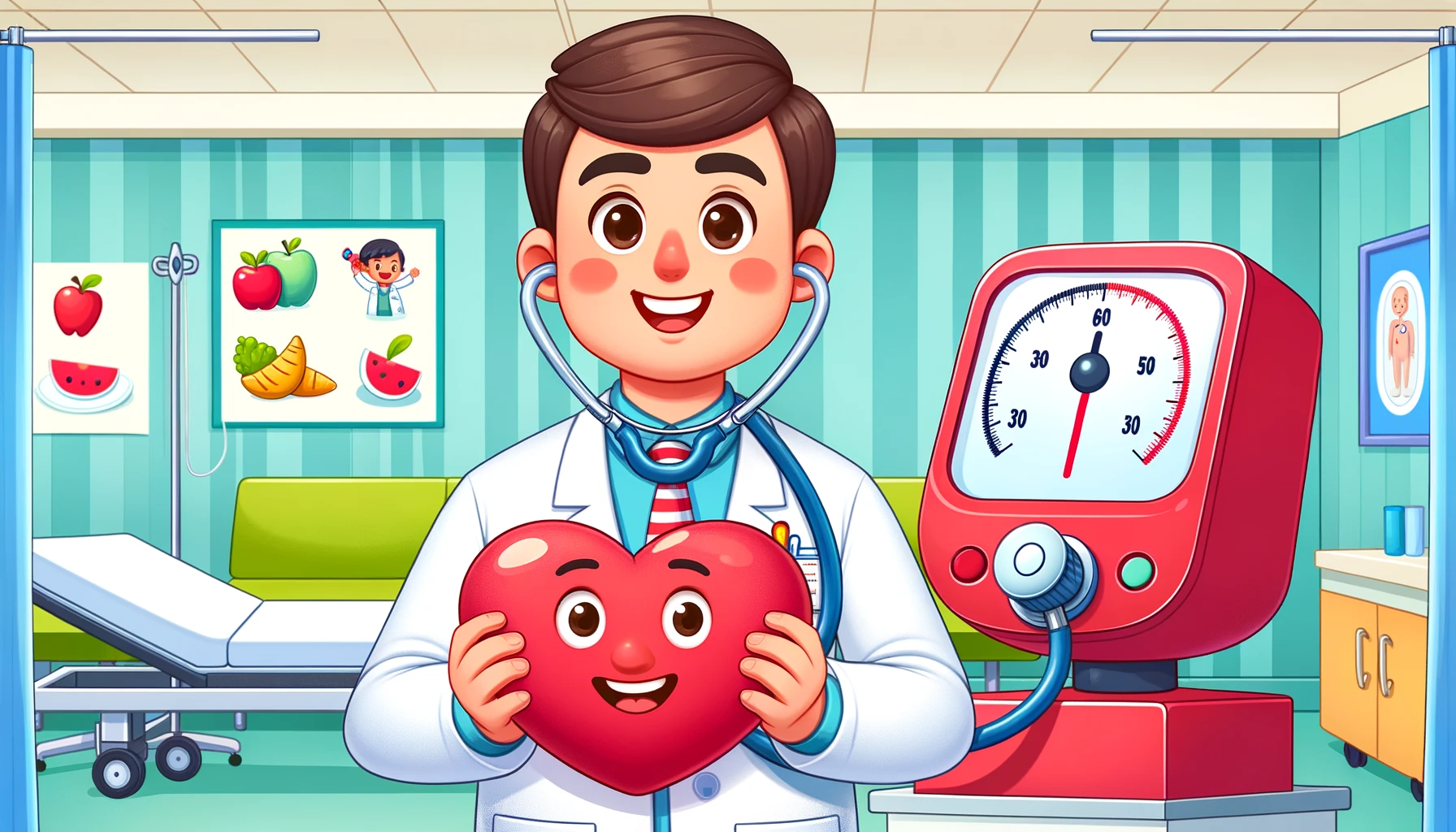Understanding Hypertension: Causes and Symptoms
Understanding Hypertension: Causes and Symptoms
Table of Contents
- Introduction to Hypertension
- What is Hypertension?
- Causes of Hypertension
- Primary Hypertension
- Secondary Hypertension
- Symptoms of Hypertension
- Risk Factors
- Complications of Hypertension
- Importance of Early Detection
- Conclusion
- References
Understanding Hypertension: Causes and Symptoms
Introduction to Hypertension Hypertension, also known as high blood pressure, is a common but serious condition that affects millions of people worldwide. It is often called the “silent killer” because it typically has no symptoms until significant damage has occurred. This article explores the causes and symptoms of hypertension, helping you understand how to recognize and manage this condition.
What is Hypertension? Hypertension occurs when the force of the blood against the walls of the arteries is consistently too high. Blood pressure is measured in millimeters of mercury (mm Hg) and recorded as two numbers: systolic pressure (the pressure when the heart beats) over diastolic pressure (the pressure when the heart rests between beats). A normal blood pressure reading is typically around 120/80 mm Hg.
Causes of Hypertension There are two main types of hypertension: primary (essential) hypertension and secondary hypertension.
Primary Hypertension Primary hypertension is the most common type and develops gradually over many years. It has no identifiable cause but is associated with several risk factors:
- Genetics: Family history of hypertension increases the risk.
- Age: Blood pressure tends to increase with age.
- Lifestyle Factors: Unhealthy diet, lack of physical activity, and obesity contribute to primary hypertension.
Secondary Hypertension Secondary hypertension is caused by an underlying condition and can appear suddenly, causing higher blood pressure than primary hypertension. Common causes include:
- Kidney Disease: Impaired kidney function can lead to hypertension.
- Hormonal Disorders: Conditions such as hyperthyroidism and adrenal gland tumors can increase blood pressure.
- Medications: Certain medications, including birth control pills, cold remedies, and pain relievers, can raise blood pressure.
- Sleep Apnea: This condition causes intermittent breathing pauses during sleep, leading to increased blood pressure.
Symptoms of Hypertension Hypertension is often asymptomatic, especially in its early stages. However, when symptoms do occur, they may include:
- Headaches: Persistent headaches, especially in the morning.
- Shortness of Breath: Difficulty breathing, particularly during physical activity.
- Nosebleeds: Frequent nosebleeds, which may indicate severe hypertension.
- Dizziness or Lightheadedness: Feeling faint or unsteady.
- Blurred Vision: Visual disturbances due to pressure on the blood vessels in the eyes.
- Chest Pain: Pain or tightness in the chest, which can be a sign of heart-related complications.
Risk Factors Several risk factors increase the likelihood of developing hypertension:
- Age: The risk increases as you get older.
- Family History: Hypertension tends to run in families.
- Obesity: Excess weight increases the strain on the heart and blood vessels.
- Lack of Physical Activity: Sedentary lifestyle contributes to weight gain and high blood pressure.
- Unhealthy Diet: Diets high in sodium, saturated fats, and low in potassium can lead to hypertension.
- Alcohol and Tobacco Use: Excessive alcohol consumption and smoking elevate blood pressure.
- Stress: Chronic stress can contribute to temporary increases in blood pressure.
Complications of Hypertension If left untreated, hypertension can lead to serious health complications:
- Heart Disease: Including heart attack, heart failure, and left ventricular hypertrophy.
- Stroke: High blood pressure can cause blood vessels in the brain to burst or become blocked.
- Kidney Damage: Hypertension can damage the blood vessels in the kidneys, leading to kidney failure.
- Vision Loss: High blood pressure can damage the blood vessels in the retina, leading to vision problems.
- Aneurysms: Increased blood pressure can weaken blood vessels, causing them to bulge (aneurysm) and potentially rupture.
Importance of Early Detection Early detection and management of hypertension are crucial to prevent complications:
- Regular Check-ups: Routine blood pressure checks can help detect hypertension early.
- Lifestyle Changes: Adopting a healthy diet, regular exercise, and weight management can lower blood pressure.
- Medication: When lifestyle changes are insufficient, medications can help control blood pressure.
- Monitoring: Regular monitoring and managing risk factors can help keep hypertension under control.
Conclusion Understanding the causes and symptoms of hypertension is essential for managing this condition and reducing the risk of serious complications. By recognizing the risk factors and taking proactive steps to maintain healthy blood pressure, you can improve your overall health and well-being.
<ⓒ WizardMedics (wizardmedics.com)>



